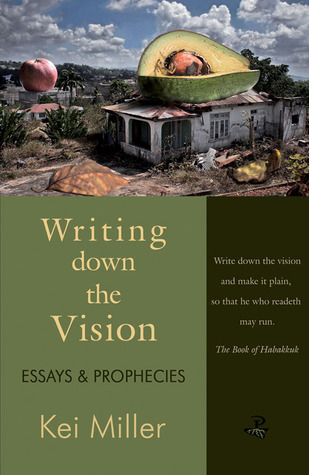What do you think?
Rate this book


160 pages, Paperback
First published October 31, 2013
"This is what happens when you live in a country that is not the centre of the world; you become blessed with a kind of double vision. You see your life from the inside, and also from the outside - both locally and globally. You are conscious always of the reality of what you are living, and also the strange narrative of it. You become conscious of how this might be observed — sometimes unlovingly and without empathy — if you do not find a way to tell it right."